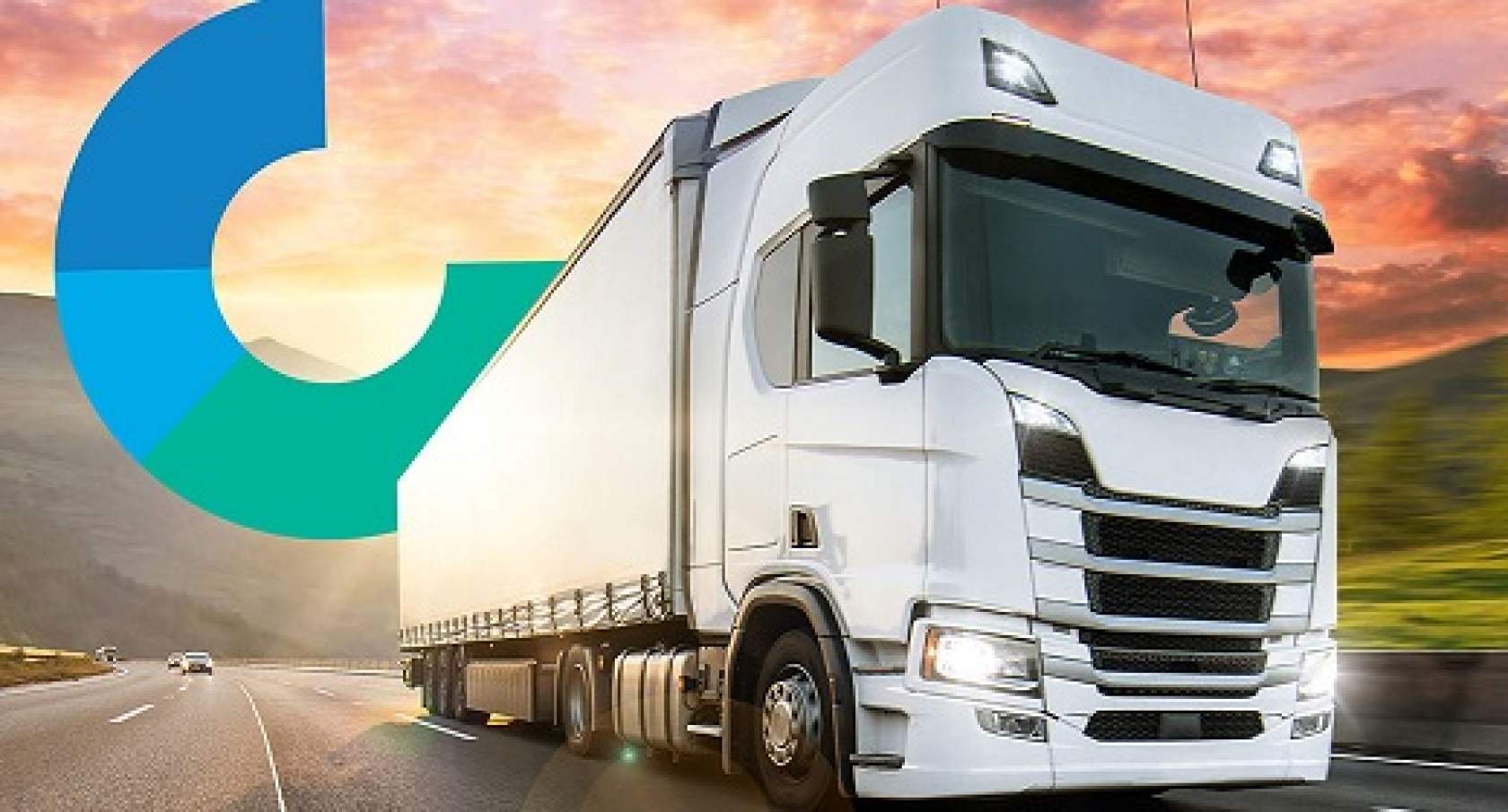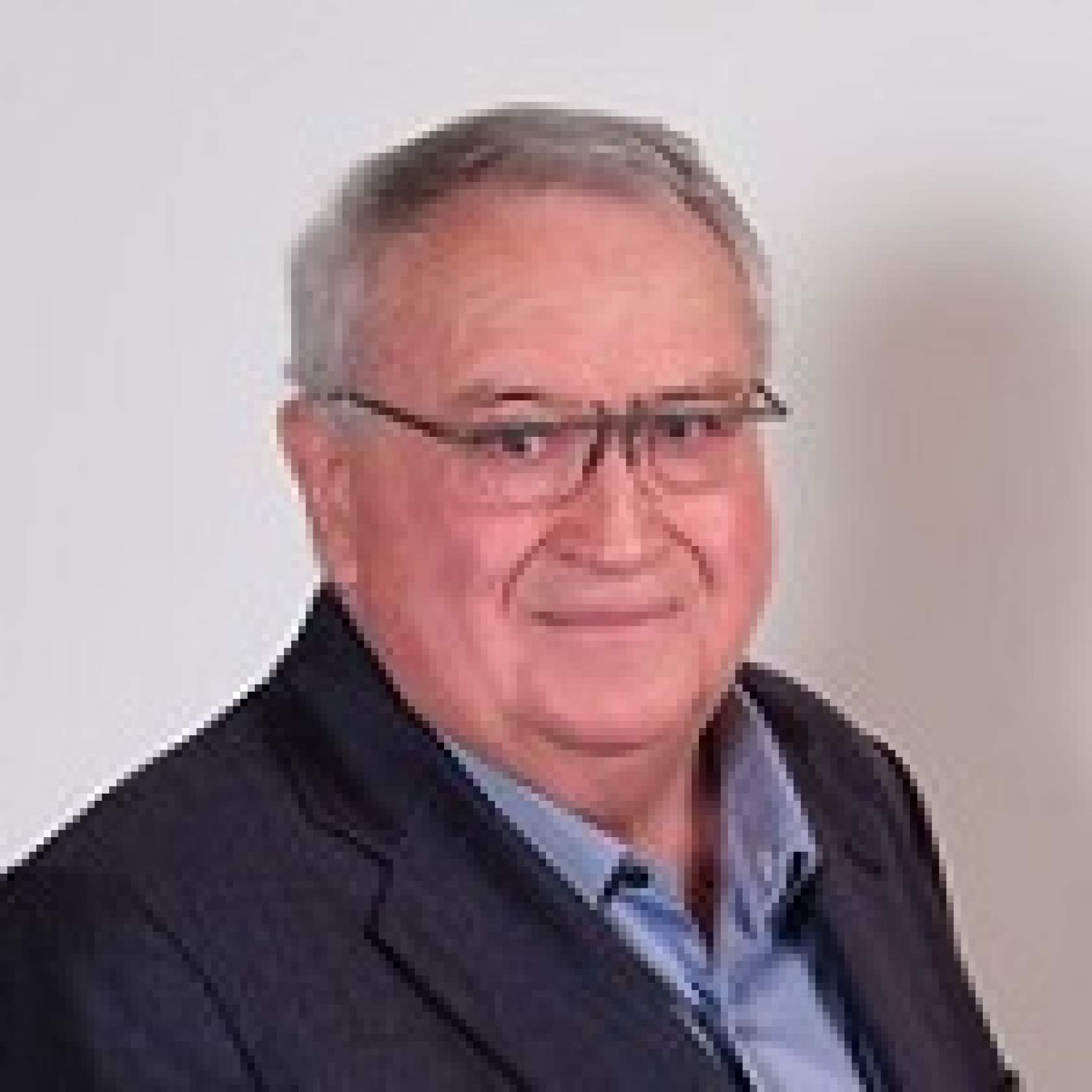- Home >
- News & Media > EastLink joins CCAT as a founding member
EastLink joins CCAT as a founding member

CCAT is Australia and New Zealand's new Centre for Connected and Automated Transport.
Today’s vehicles featuring advanced driver systems such as lane keeping assist, adaptive cruise control, speed sign recognition and automatic emergency braking, are developing step by step towards the self-driving and even driverless vehicles of the future.
CCAT is the new Centre for Connected and Automated Transport. It aims to move Australia and New Zealand safely and successfully into the era of connected and automated transport - across all modes, not just roads.
CCAT is a new hub through which government, industry, academia and community bodies with a common interest in facilitating Australasia’s transition to connected and automated transport can work together to make this happen.
EastLink has joined CCAT as a founding member.
This follows EastLink's trials of self-driving technologies some years ago, which led us to repaint EastLink's line markings to provide optimal conditions for vehicles' lane detection systems, and advice being provided back to vehicle manufacturers about any incompatibilities found between their new tech and our local freeway conditions.
We've also trialled the latest vehicle to infrastructure (V2X) communications technologies (which operate in the 5.9Ghz band), to ensure compatibility with our tolling tag technology (which operates in the nearby 5.8GHz band).
We are currently finalising the results of the most recent of EastLink's annual self-driving and electric car surveys, and we will soon be sharing these results with CCAT and its members, as well as publishing a report on the EastLink website. Uniquely for this area of research, this survey has now been tracking motorists and opinions every year since 2017.
Executive Director of CCAT, Rahila David said, "It’s time to take a planned approach to the implementation of connected and automated transport in Australia and New Zealand."
"Getting the infrastructure right is fundamental to this transition, and it’s great to have EastLink on board with CCAT to champion this change."
To find out more about CCAT and CCAT membership, visit the CCAT website and read on below.


CCAT is a membership organisation, open to all those companies with a stake in Australia and New Zealand’s transport future. Transport agencies within government, innovative local Councils, industry participants big and small, technology and motor manufacturers, mining companies, the agricultural sector, researchers, next-gen technology developers and start-ups are invited to be part of shaping the future – and the ‘now’ – of movement.
CCAT is the home, and a new, united voice, for those interested in discussing, generating and implementing the solutions and policies needed for connected and automated transport in Australia and New Zealand.


Rahila David is the Executive Director of CCAT.
She comes to CCAT from the National Transport Commission, where she led development of the safety assurance regulatory framework for the commercial deployment of automated vehicles in Australia. Rahila has had a diverse policy career in Australia, New Zealand and the United Kingdom, leading regulatory reforms in areas including transport, energy and local government. Rahila brings a wealth of knowledge about the public policy environment to CCAT, having worked for a government department, regulator, commission and Minister’s office and having gained an MSc in Public Policy and Administration with Distinction from the London School of Economics and Political Science.

Ian Webb is the Chair of CCAT.
He is a Director of Australian Road Research Board (ARRB) and chairs the Board’s Strategy and Business Development Subcommittee. He is also a member of the Audit and Risk Committee for Queensland Transport and Main Roads, together with other industry boards. Ian served as Chief Executive of Roads Australia, the national peak body for Australia’s road industry from 2003 to 2018. During this period he was seconded to Geneva as Director-General of the International Road Federation. He has an established interest in future transport and has been a regular speaker at industry events, including the ARRB annual conference. His career includes 17 years as a career diplomat and 30 years at Chief Executive level in both the public and private sectors in NSW and Victoria.

